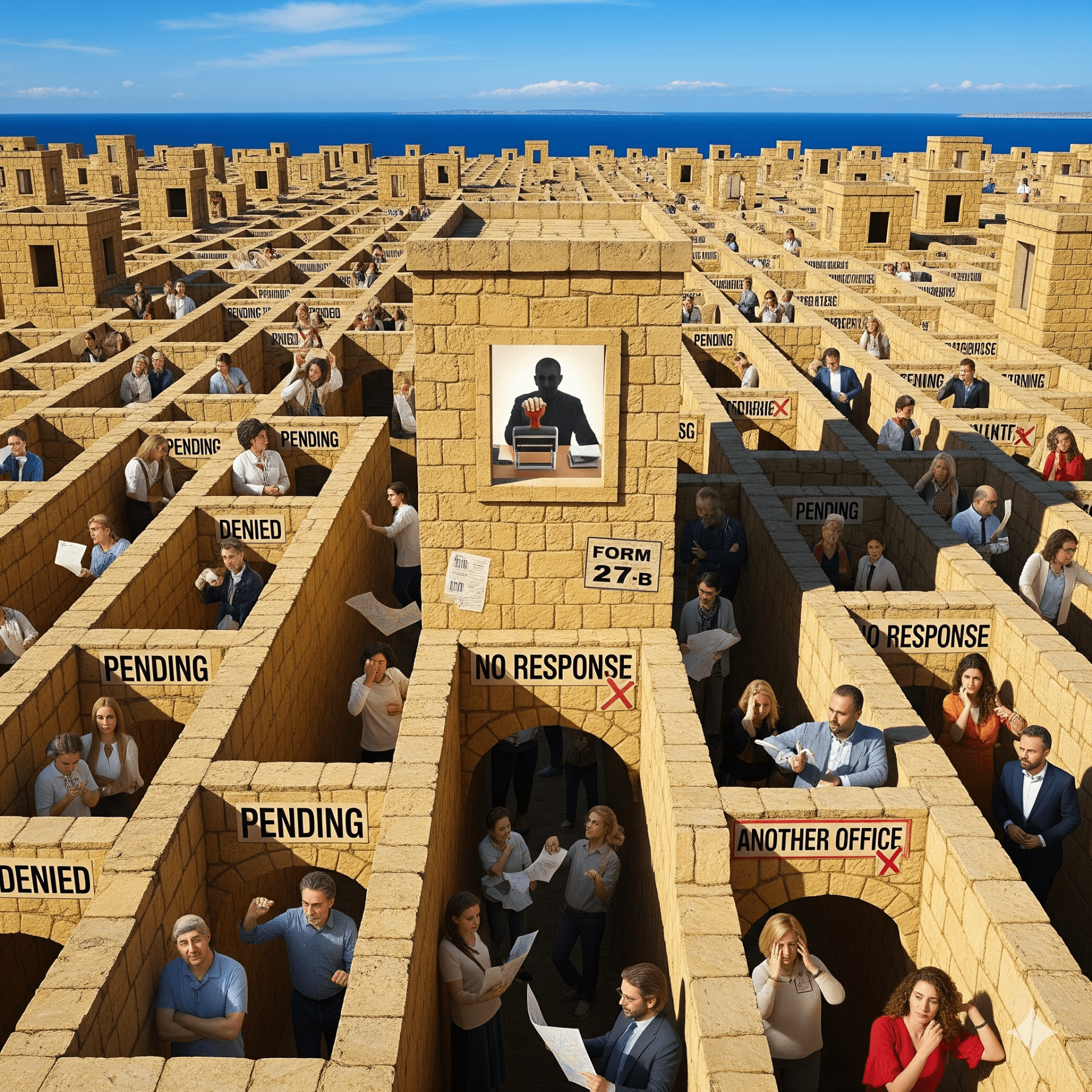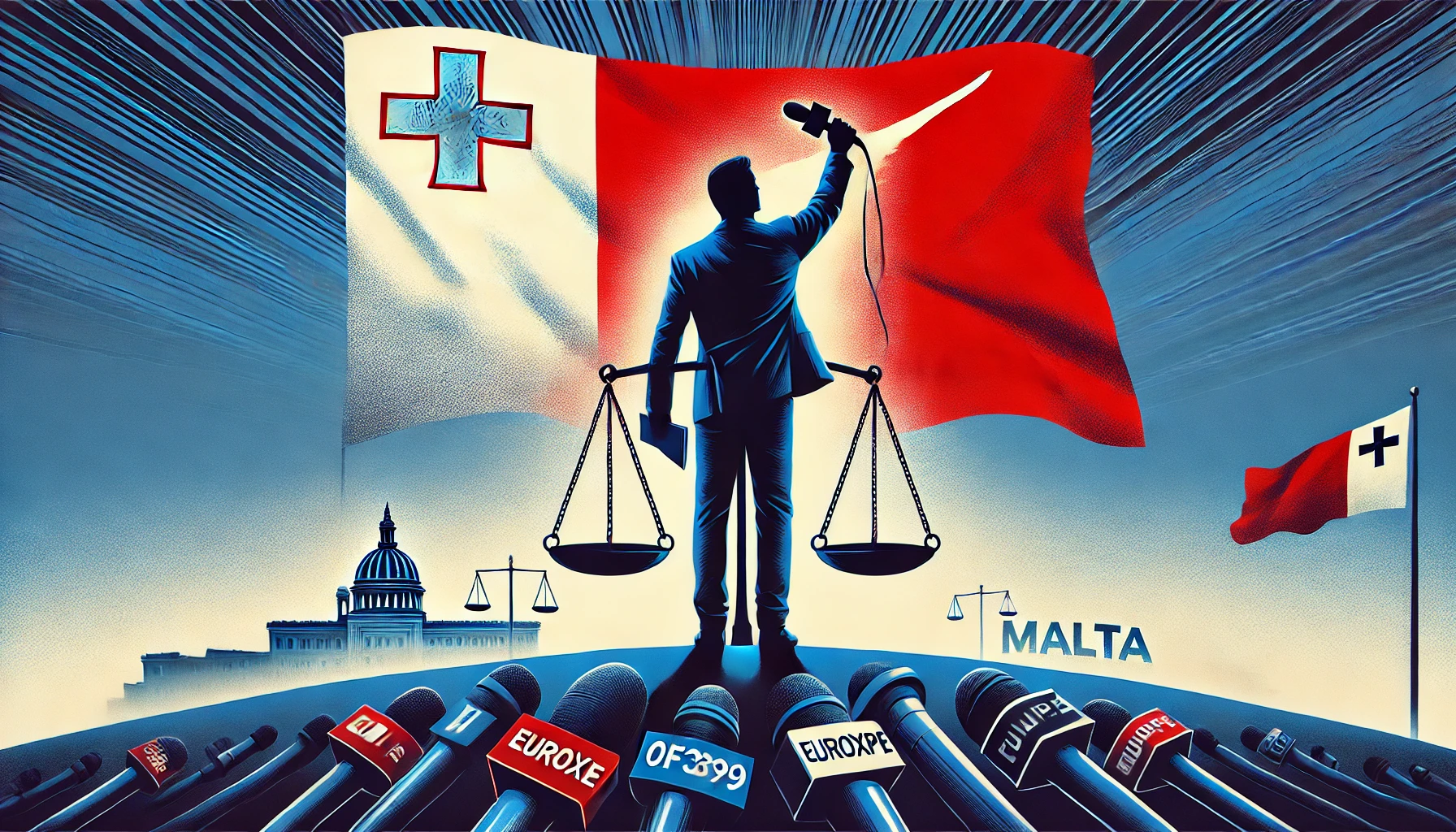Joseph Muscat, the former Prime Minister of Malta, has been charged with corruption linked to a hospital privatisation scandal. The case, once probed by the late investigative journalist Daphne Caruana Galizia, has now led to charges against several high-profile figures.
Detailed Allegations and Denials
According to documents obtained by AFP, Muscat is facing charges of accepting bribes, corruption in public office, and money laundering. Muscat has dismissed these accusations as “fantasies and lies,” claiming that he is a victim of a political vendetta. He has vehemently denied any wrongdoing and is determined to prove his innocence.
Key Figures Involved
Chris Fearne, Malta’s Deputy Prime Minister and the current governor of Malta’s central bank, Edward Scicluna, have also been implicated. Fearne, who was the Health Minister during the privatisation deal, expressed confidence in his innocence, stating that he has “absolutely no doubt” that the court will exonerate him. Scicluna has previously denied any wrongdoing and has yet to comment on the current charges.
Longrunning Investigation
This legal action is part of an ongoing investigation into the decision made by Muscat’s Labour government in 2015 to transfer the management of three public hospitals to Vitals Global Healthcare. This deal, estimated at €4bn (£3.4bn), was heavily criticised and scrutinised by Caruana Galizia before her assassination in 2017. The investigative journalist’s extensive reporting highlighted various irregularities within the deal.
Court Annulment and Reactions
In February 2024, a court annulled the privatisation agreement between the Maltese government and Vitals Global Healthcare, which later became Steward Health Care. The court found significant evidence of fraudulent activities. The Daphne Caruana Galizia Foundation lauded the court’s decision, stating that it validated Caruana Galizia’s investigative work.
Political and Social Repercussions
The charges against Muscat and others have sent shockwaves through Malta and beyond. Prime Minister Robert Abela has questioned the timing of the charges, suggesting that the allegations are politically motivated, especially with European Parliament elections on the horizon. Abela’s scepticism about the investigation’s timing has sparked a heated debate about judicial independence in Malta.
Opposition and Civil Society Response
Bernard Grech, the leader of the opposition Nationalist Party, criticised Abela for defending Muscat and his associates instead of prioritising the interests of Malta and its citizens. Civil society group Repubblika also condemned the Prime Minister’s stance, arguing that it undermines judicial independence and the rule of law.
On social media, Muscat continued to deny the allegations, describing them as laughable if they weren’t so serious. He asserted that he would dismantle each accusation, revealing them to be based on lies and fantasies. His defiant stance indicates a protracted legal and political battle ahead.






